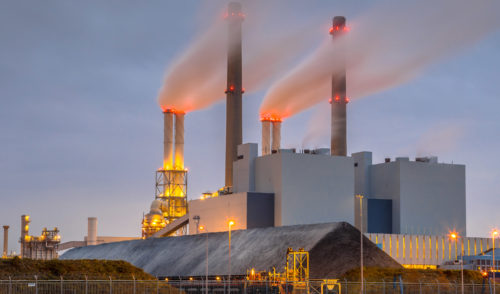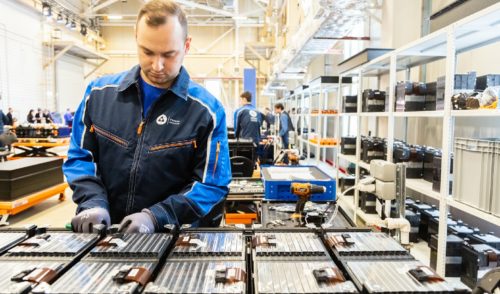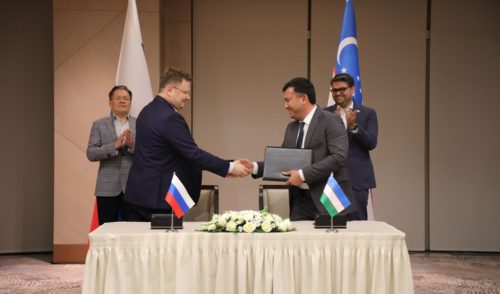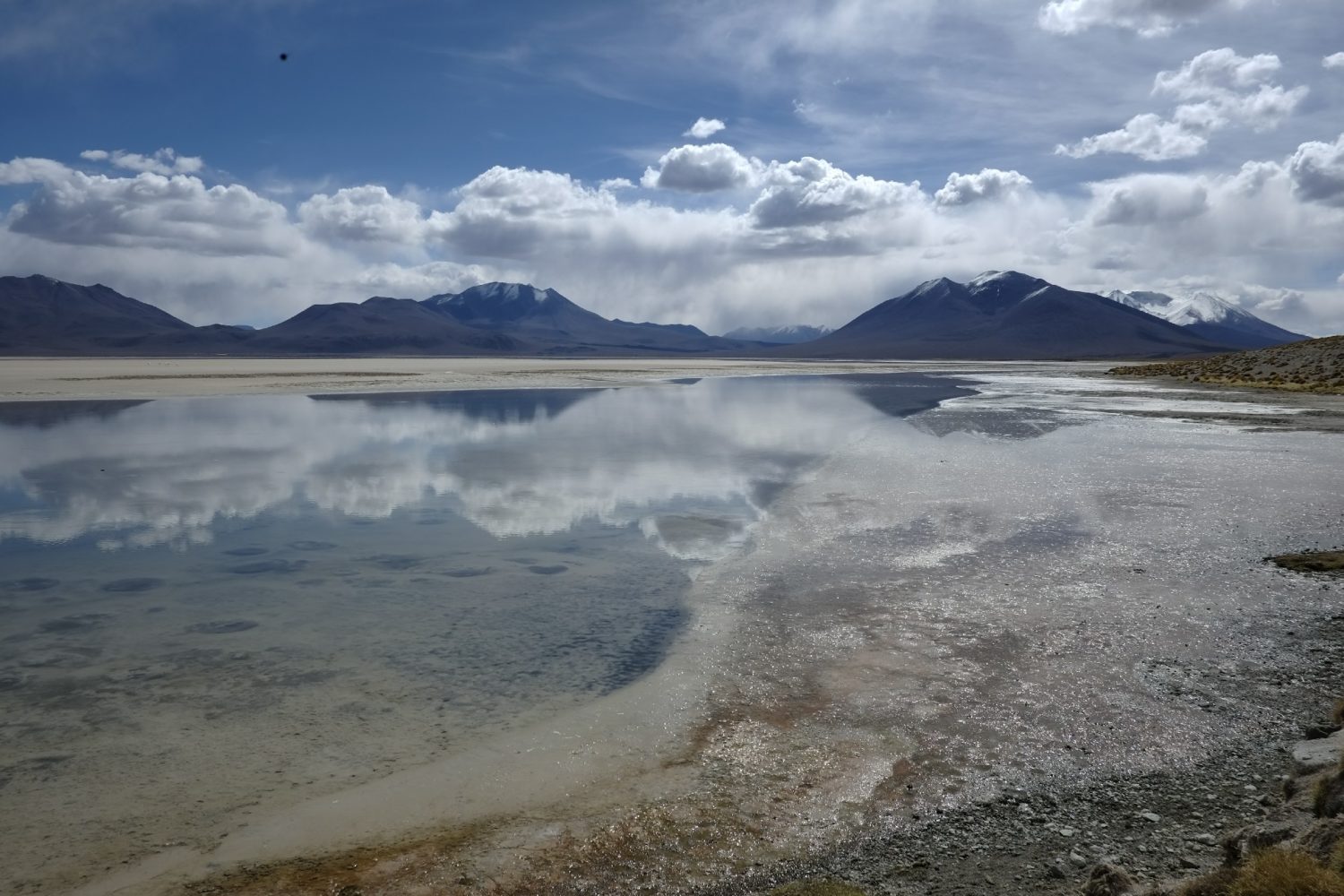
Bolivian Lithium for Russia
back to contentsIn late June, Uranium One Group (a part of Rosatom) and the Bolivian state-run company Yacimientos de Litio Bolivianos (YLB) signed a framework agreement to build a lithium carbonate mining and production complex in Potosí Department, Bolivia. For Rosatom, which has embarked on ambitious plans to enter the lithium ion storage market segment, this represents the first large-scale overseas lithium mining project.
Tender
The agreement was signed following a direct lithium extraction (DLE) technology tender announced by YLB on April 30, 2021. More than 20 companies from different countries submitted bids for the tender. They received brines from Bolivia’s well-known lithium salt deposits — Salar de Uyuni, Salar de Pastos Grandes and Salar de Coipasa — to demonstrate the capabilities of their extraction technology. Technical test reports were submitted to the tender committee to evaluate the efficiency of the DLE technologies for brines with different lithium and impurities content, as well as financial, economic, legal and environmental parameters of the projects planned.
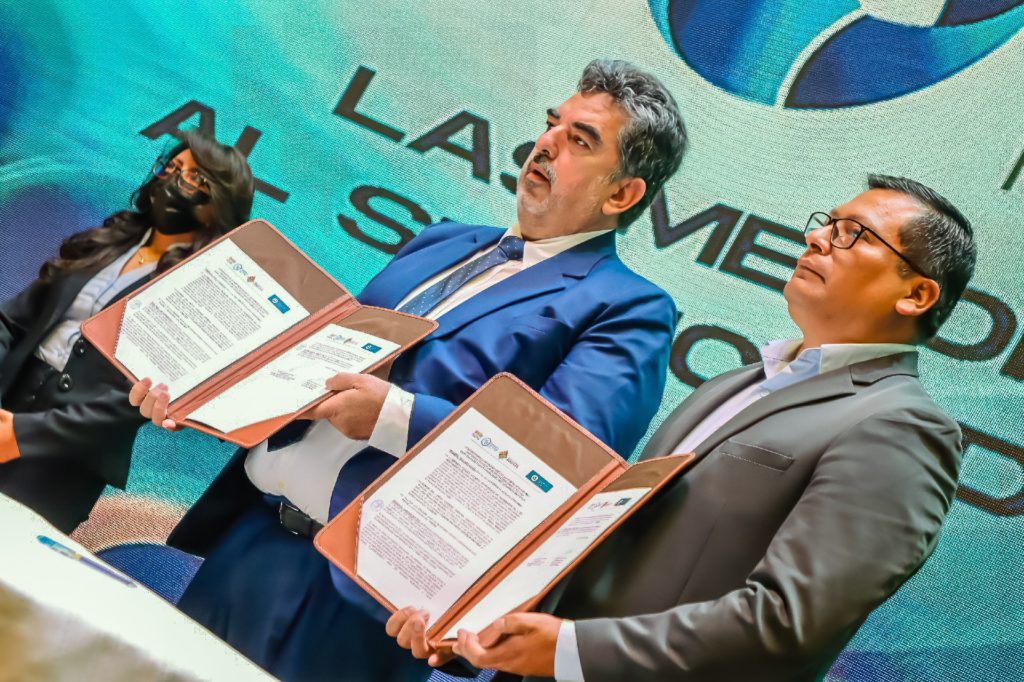
The bidders demonstrated the specifics of their technology, including the sequence of process operations, equipment operation modes, process parameters, etc. The Russian technology demonstrated a 90 % lithium recovery rate attributable to the use of a special sorbent. It does not employ any aggressive chemical compounds, with fresh water used for desorption. After lithium is extracted, the brine that still contains all other initial components is returned to the deposit. The Russian technology provides for water recycling, thereby minimizing water consumption and preserving the water balance of the deposit and surrounding areas. Finally, the technology is fully automated.
In June 2022, the main bidding phase was over. Six companies made it to the finals. YLB short-listed four of them: one from Russia, one from the US, and two from China. In January 2023, YLB signed a framework agreement with the Chinese consortium CBC, which includes CATL, BRUNP and CMOC, on the construction of a lithium carbonate production facility at the Salar de Uyuni and Salar de Coipasa. Negotiations continued with the bidders, resulting in YLB signing agreements with Uranium One Group and China’s CITIC Guoan.
“The agreement we signed today paves the way for the implementation of an ambitious project. The application of advanced Russian technology will ensure the sustainable use of Bolivia’s natural wealth for the national development and the benefit of the Bolivian people,” Jorge Alberto Roca Kauffman, President of Lithium One Bolivia (a Bolivian subsidiary of Uranium One), said at the ceremony.
Future project
The agreement signed with the Russian company stipulates the construction of a production facility with an annual capacity of 25,000 tons of lithium carbonate at the Salar de Pastos Grandes located in the Andes at an altitude of 4,600 meters above the sea level. The investments in the project will amount to USD 600 million. Its planned production capacity might be increased following the exploration activities.
“We share Bolivia’s interest in the prompt commissioning of the project’s first phase and the start of production. Additionally, Rosatom will provide training for qualified personnel for the facility,” said Rosatom’s Deputy Director General for Development and International Business Kirill Komarov.
Ongoing cooperation
The development of the Salar de Pastos Grandes is Rosatom’s second major project in Bolivia. The first project is the Nuclear Research and Technology Center (NRTC) in the city of El Alto. NRTC has already produced and delivered the first radiopharmaceuticals to Bolivian clinics. Its preclinical cyclotron facility will fully supply Bolivia with radiopharmaceuticals for medical purposes, ensuring over 5,000 diagnostic procedures per year. “We are reliable partners as neither political difficulties nor pandemic obstacles have prevented us from constructing the Nuclear Research and Technology Center in accordance with our agreements,” Rosatom Director General Alexey Likhachev commented.
Lithium for storage
Bolivian lithium is needed for the development of the energy storage sector. Rosatom plans to establish a vertical supply chain spanning from metals and mining to the production of energy storage systems for electric transportation and power generation needs. “Why does Rosatom need lithium? We are and will be using it in our long production chain. We have already set up assembly operations in Russia to manufacture commercial and vehicle energy storage systems. The construction of an energy storage plant in Kaliningrad is unfolding, and there are many more plans to increase the production of storage systems and batteries, primarily for electric vehicles,” Alexey Likhachev said.
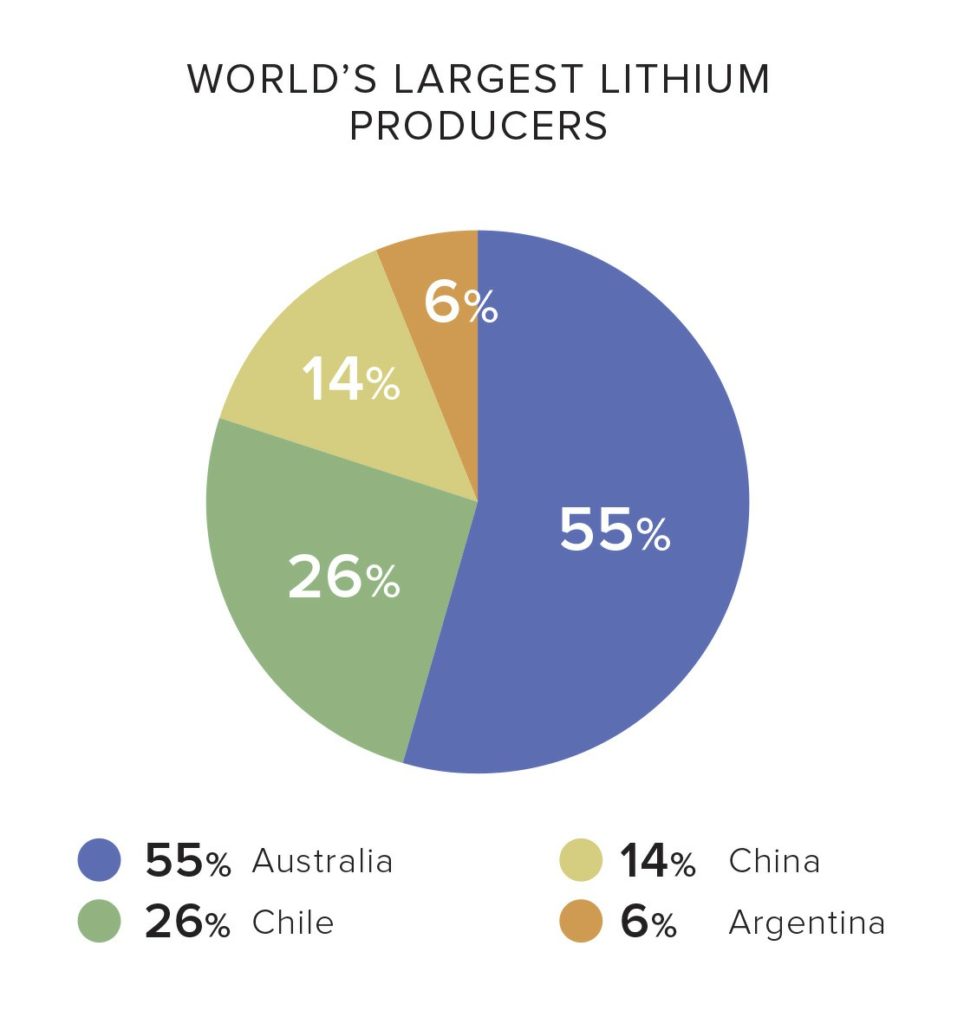
Bolivia will also reap benefits from the new production facility. Despite being part of the so-called ‘lithium triangle’— formed by Bolivia, Argentina and Chile, which have large lithium reserves— and accounting for 21.4 % of the world’s lithium, the country has not yet begun commercial-scale production of this metal.


